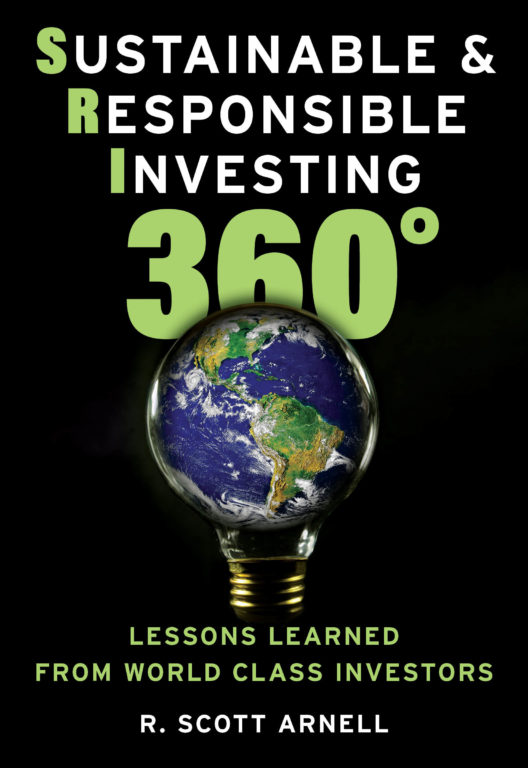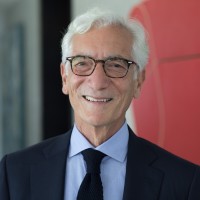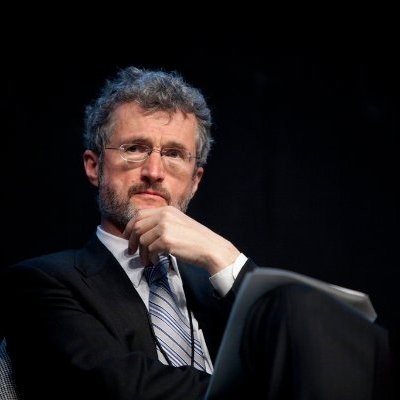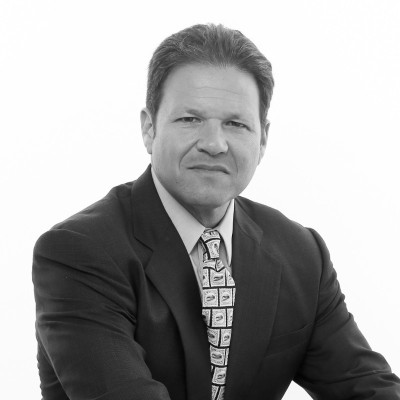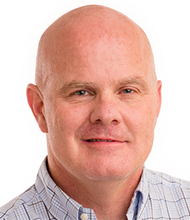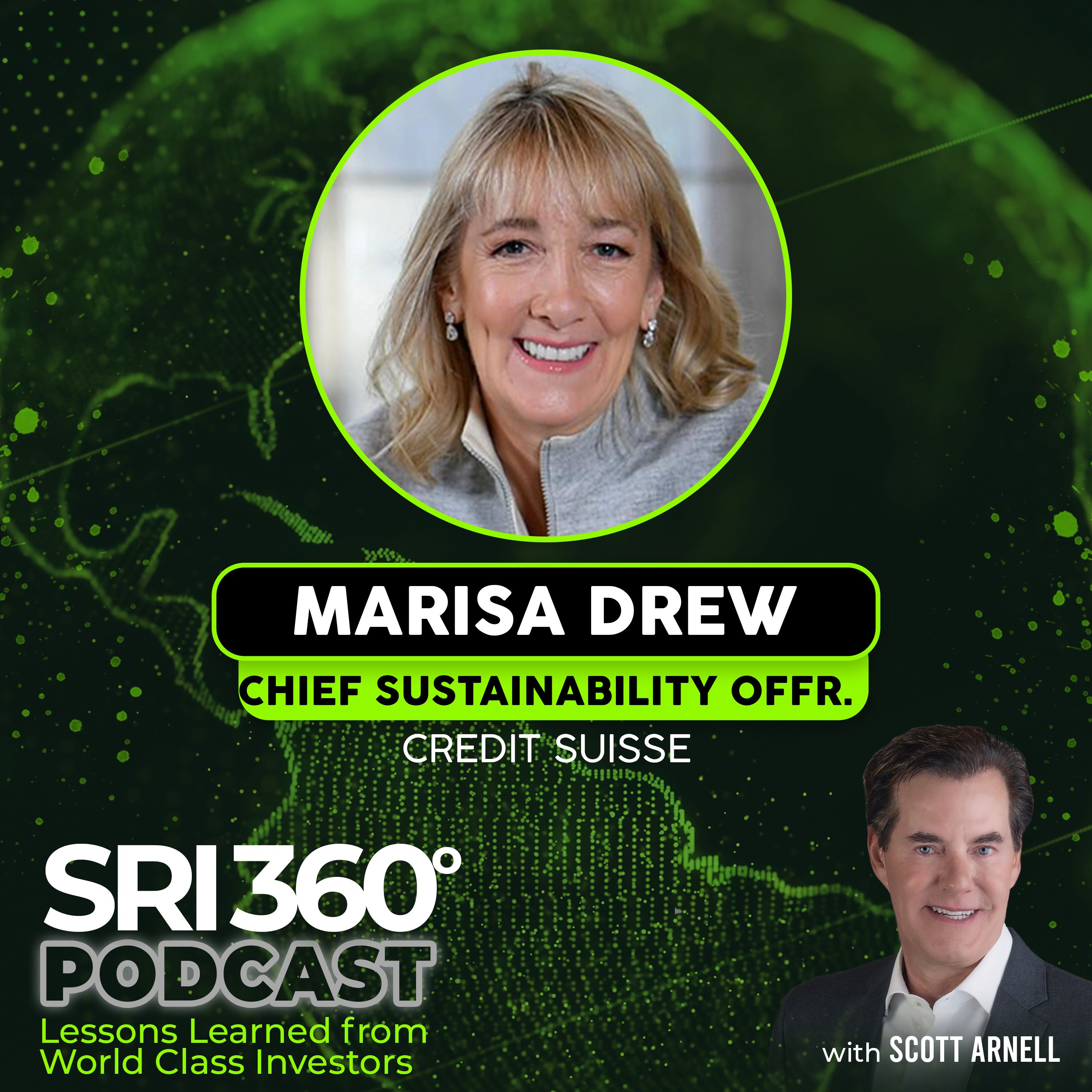
“One of our super trends is millennial values. As millennials are getting into their peak earnings years, how is their earning power going to drive change, what products and services do they want to buy, and how are they going to use financial services? When you wrap a sustainability lens around millennial values, it leads you to interesting thematics.”
— Marisa Drew
Marisa Drew is the Chief Sustainability Officer for the Standard Chartered Bank in London as of July 2022. However, this discussion will not be about her role at Standard Charter Bank because my interview with Marisa took place some months back when I was finishing my book, Sustainable and Responsible Investing 360º and before her recent move there. At that time, she was the Chief Sustainability Officer for Credit Suisse, where she had worked for nearly 19 years so today’s discussion will be exclusively about Marisa’s experience and sustainability at Credit Suisse.
Marisa’s investment banking career spans over thirty years. During an eleven-year stint at Merrill Lynch, she was instrumental in the formation of their European Leveraged Finance Group, which saw her relocate to London in 1999. In 2003, she joined Credit Suisse to establish the Leveraged Finance Origination Group. She moved over into sustainability in 2017 when she established the Impact Advisory and Finance Department after which she took on the additional role of Chief Sustainability Officer for the entire bank which we discuss today.
Marisa was awarded a BA in Finance and Marketing with distinction from the University of Virginia’s McIntire School of Commerce in 1986 and an MBA with distinction from the Wharton School in 1992. She has been recognized by the BBC as one of the Most Powerful Women in Britain and by Fortune Magazine as one of the 50 Most Powerful Women in International Business.
Marisa attributes her successful transition into sustainability to her traditional capital markets background and being able to “speak the language of the institutional investment community” to mobilize capital at scale in the private sector in order to help solve some of the world’s biggest environmental and social challenges.
Listen to the episode on Apple Podcasts, Spotify, Overcast, Podcast Addict, Pocket Casts, Castbox, Google Podcasts, Stitcher, Amazon Music, or on your favorite podcast platform. You can watch the interview on YouTube here.
What was your favorite quote or lesson from this episode? Please let me know in the comments.
SCROLL BELOW FOR LINKS AND SHOW NOTES…
SELECTED LINKS FROM THIS EPISODE:
- Connect with Marisa Drew: LinkedIN
- Credit Suisse
- The Trump Group
- Merrill Lynch
- Standard Chartered Bank
- Global Women’s Financial Forum
- Funding Circle
- Impact Advisory and Finance (IAF) Department
- Sustainability Strategy, Advisory, and Finance (SSAF)
- Next Generation Education Program
- Young Investors Program
- JPMorgan Chase & Co. (JPM)
- Climate Bonds Initiative
- BlackRock
SHOW NOTES:
[00:00] Episode intro and a quick background bio of Marisa Drew
[01:17] Brief run-down of what we will cover in this episode
[03:23] Marisa’s family and educational background
[04:00] Discovering how serving in politics and the diplomatic core wasn’t aligned with her purpose
[05:02] Recruited out of undergraduate to investment banking at Kidder Peabody
[05:53] Working with private equity at the Trump group before receiving her MBA
[07:04] Going back to school and launching into the leverage finance space
[08:07] Recruited by the Merrill Lynch into the leveraged finance group in New York and on to London
[11:14] A defining moment and her decision to leave Merrill Lynch for Credit Suisse
[12:57] Marisa’s conversion from SRI sceptic to SRI evangelist
[21:46] How investment banking prepared Marisa for her sustainable investing role
[28:33] Examples of sustainable investment products she developed at Credit Suisse
[34:49] Millennial investors and their sophisticated demands to sustainable investing
[37:06] Credit Suisse’s move to a centralized strategy in sustainability investing
[39:24] How the Millennials are changing private banking over the last years
[44:11] Why Credit Suisse is a firm believer in collaboration and partnership approaches
[47:58] A credible path to a one-and-a-half degree for a bulge-bracket investment bank
[54:21] Her internal struggles as a CSO with traditional non-sustainable products
[56:02] The biggest challenge in the current sustainable and responsible investment space
[56:41] Lessons learned from an investment decision
[01:00:43] How to break into the sustainable investment space
MORE MARISA DREW QUOTES FROM THE INTERVIEW:
“Lots of other opportunities came along the way. And I do look back and say, if I had stayed at my existing firm, I’m not sure I would’ve ever been in a position to run banking. Sometimes, making a change is the right thing for someone’s career. ”
— Marisa Drew
“If you are truly going to mobilize scale in the private sector, you need to be able to speak the language of the institutional investment community. ”
— Marisa Drew
“The power of one plus one in the sustainability arena is way more than two. ”
— Marisa Drew
“The biggest challenge in the current sustainable and responsible investment space is access to reliable, high-quality, defensible, and comparable data. ”
— Marisa Drew
“High revenue growth models can blow up your success if you can’t manage the growth. ”
— Marisa Drew
“One of our super trends is millennial values. As millennials are getting into their peak earnings years, how will their earnings power drive change, what products and services do they want to buy, and how will they use financial services? When you wrap a sustainability lens around millennial values, it leads you to interesting thematics. ”
— Marisa Drew
“I often say I went from a cynic to a convert, to being very evangelical about the topic of sustainability, privileged and lucky that I was early in the day. ”
— Marisa Drew



